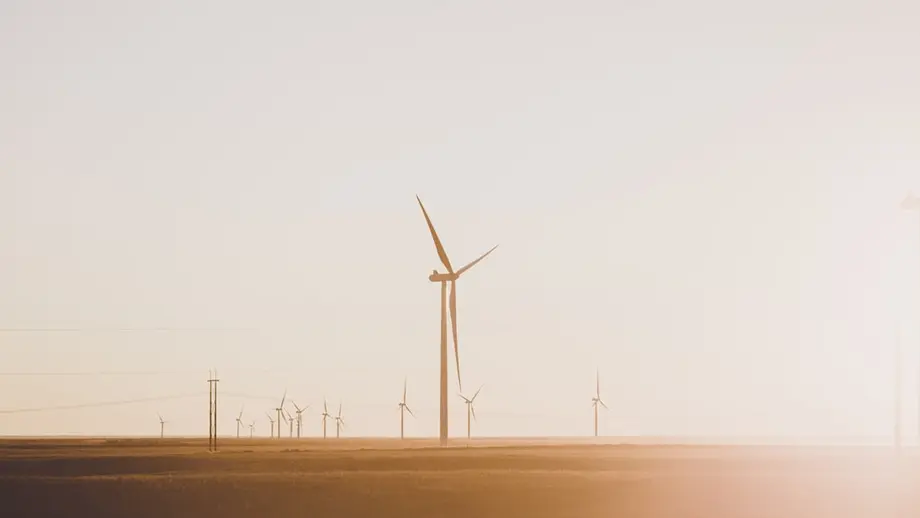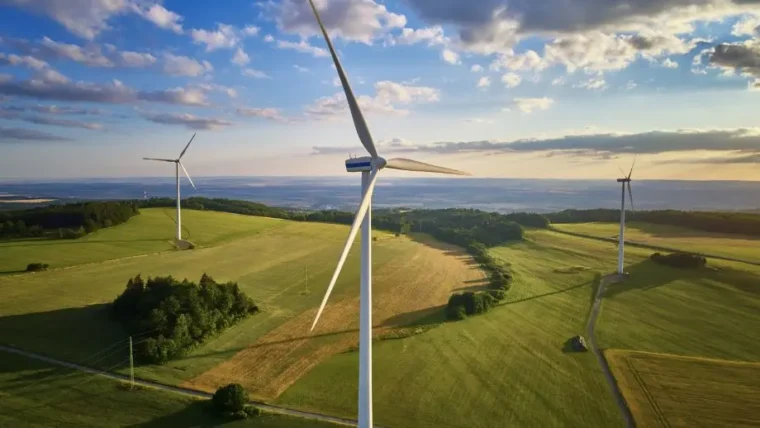Fortnightly Bulletin – 15th February
15 February 2021

Legal Updates
Guidance – Monitoring stack emissions: technical guidance for selecting a monitoring approach
Updated 11th February 2021 – Guidance to help organisations choose a monitoring approach for stack emissions to air that meets Environment Agency and MCERTS requirements (formerly part of M2).
The main reasons for carrying out stack emission monitoring are to:
- comply with environmental legislation
- collect data for emissions inventory compilation
- calibrate continuous emission monitoring systems (CEMS)
- collect data for environmental impact assessments
- collect data to assess process efficiency and process control
- assess the performance of a pollution-control device (abatement system)
This document describes our overall approach to stack emission monitoring. It focuses on:
- the role of MCERTS
- different approaches to stack emission monitoring
- sampling strategy
- the hierarchy of different methods
More information can be found here
Ensure you stay compliant with the conditions outlined on your environmental permit by ensuring testing is carried out to the specified time scale, MCERTS and an approved approach.
Calibration of CO2, N2O and flow during 2021
Over the last year there has been increased scrutiny from members of the public, environmental action groups and MPs of the amount of carbon dioxide (CO2) which is released from municipal Energy from Waste (EfW) plants, and the effects that this has on climate change (particularly compared to landfill). EfW operators are required to report their annual CO2 mass emissions under their Pollution Inventory (PI) returns, with some operators calculating this using data from the Continuous Emissions Monitoring Systems (CEMS), while others rely on estimates.
The Environment Agency are keen to improve the accuracy of the data for CO2 and other pollutants reported under the PI and therefore are asking all operators to calibrate their CO2 CEMS and flow meters (whereby accuracy of flow meters is of course important because the stack gas flow rate is used to calculate mass emissions). For completeness this should also include calibration of CEMS to measure nitrous oxide (N2O) – a greenhouse gas which is a by product of the plant’s de-NOx system.
Let your site inspector know when you plan to calibrate your CO2 and N2O CEMS and flow meters and then subsequently once you have done so, as well as if they are already calibrated (in which case no further action is required). Please also let your site inspector know if you will be unable to calibrate your CO2 and N2O CEMS or flow meters for any reason (including if your CEMS are not currently capable of measuring CO2 or N2O) or if you have any queries.
This is currently not mandatory, but may be a requirement on future permits.
Source: Source Testing Association (STA) February 2021
Application for an environmental permit: part B1 standard facilities permit
This form was updated on 9th February 2021. If you wish to apply for a standard facilities permit fill in part B1 together with:
This is one part of the Environmental Permitting Regulations (EPR) permit application form pack.
Changes to EPR guidance
The Environment Agency is updating the EPR guidance to meet smarter guidance and Government Digital Service requirements. Some of the documents referred to in these forms have been withdrawn and replaced with new versions. These forms and accompanying guidance are still current. How the Environment Agency regulates you and your legal requirements have not changed.
Changes to other guidance documents are as follows:
- the generic ‘How to comply with your environmental permit’ has been withdrawn and replaced with new guides about developing a management system and controlling and monitoring emissions
- H1 risk assessment overview guidance and related annexes have been withdrawn and replaced with a new risk assessment overview guide with supporting specialist risk assessment guides
Ensure when you are applying for a permit the correct current forms are used. If you use old forms your application may be sent back and you will be required to complete the correct forms. This could result in delays to your permit application.
More information can be found here
Articles of Interest
Coca-Cola to trial 2,000 paper-based drinks bottles in Europe
The Coca-Cola Company – one of the biggest plastic producers in the food and beverage space – has confirmed plans to trial 2,000 paper-based bottles this year, to test the material’s viability as an alternative to single-use plastics.
Each bottle consists of a paper-based outer shell, made using sustainably sourced materials, and a bio-based lining that acts as a barrier for the liquid inside. Coca-Cola claims that this part of the packaging can be recycled as paper in most European markets. There is still a plastic cap and a plastic lining, but Coca-Cola claims they can be recycled.
The Coca-Cola Company has been working with other big-name companies, including Absolut, L’Oreal and Carlsberg, to develop the bottles. The designs are being shared through a collaborative company set up to facilitate this joint project, called The Paper Bottle Company (Paboco). Paboco’s ultimate goal is to create a bottle where all components can be recycled as paper.
Source: edie.net February 2021.
Fines and Prosecutions
Road stop halts illegal waste carriers
Environment Agency officers working with London Borough Of Bexley, the Met Police, Openreach and the Joint Unit For Waste Crime seized a vehicle and issued 4 penalty notices while stopping vehicles carrying waste in Erith as part of Operation Cubo.
The Environment Agency were pulling over vehicles to check they were registered as waste carriers with the Environment Agency, and that they had a required waste transfer note that shows what they were carrying, where they picked the waste up and where they were taking it to.
The Environment Agency and its partners stopped 22 vehicles carrying waste, issued 4 fixed penalty notices for non-compliance and seized one vehicle.
This should serve as a warning to those who would flout the law that we and our partners are still fighting to put a stop to waste crime and we won’t hesitate to take action.
To help avoid giving your waste to an illegal waste carrier and your waste ending up at an illegal waste site, ensure you carry out Duty of Care checks on your waste contractors i.e. waste carriers licence number and disposal site details. Do not let waste leave your site without correctly completed waste documentation.
Source GOV.UK February 2021.
Online learning and events
2021 National Social Value Conference
23rd & 24th February 2021
The event brings together experts to share good practice and innovative ideas on embedding social value into business.
The 4th Annual National Social Value Conference 2021 will be held virtually on the 23-24 February 2021.
The National Social Value Conference is the leading event of its kind bringing together experts and practitioners from the public and private sectors to share good practice and innovative ideas about how to embed social value into commissioning, procurement and delivery.
Looking at ways to support communities through:
- Commissioning and procuring of public and private sector solutions
- Planning and advancing new real estate developments
- Delivering large infrastructure projects
- Acting as responsible and innovative businesses
- Building trust, engaging and supporting communities
- Investing and managing assets
- Measuring and reporting









